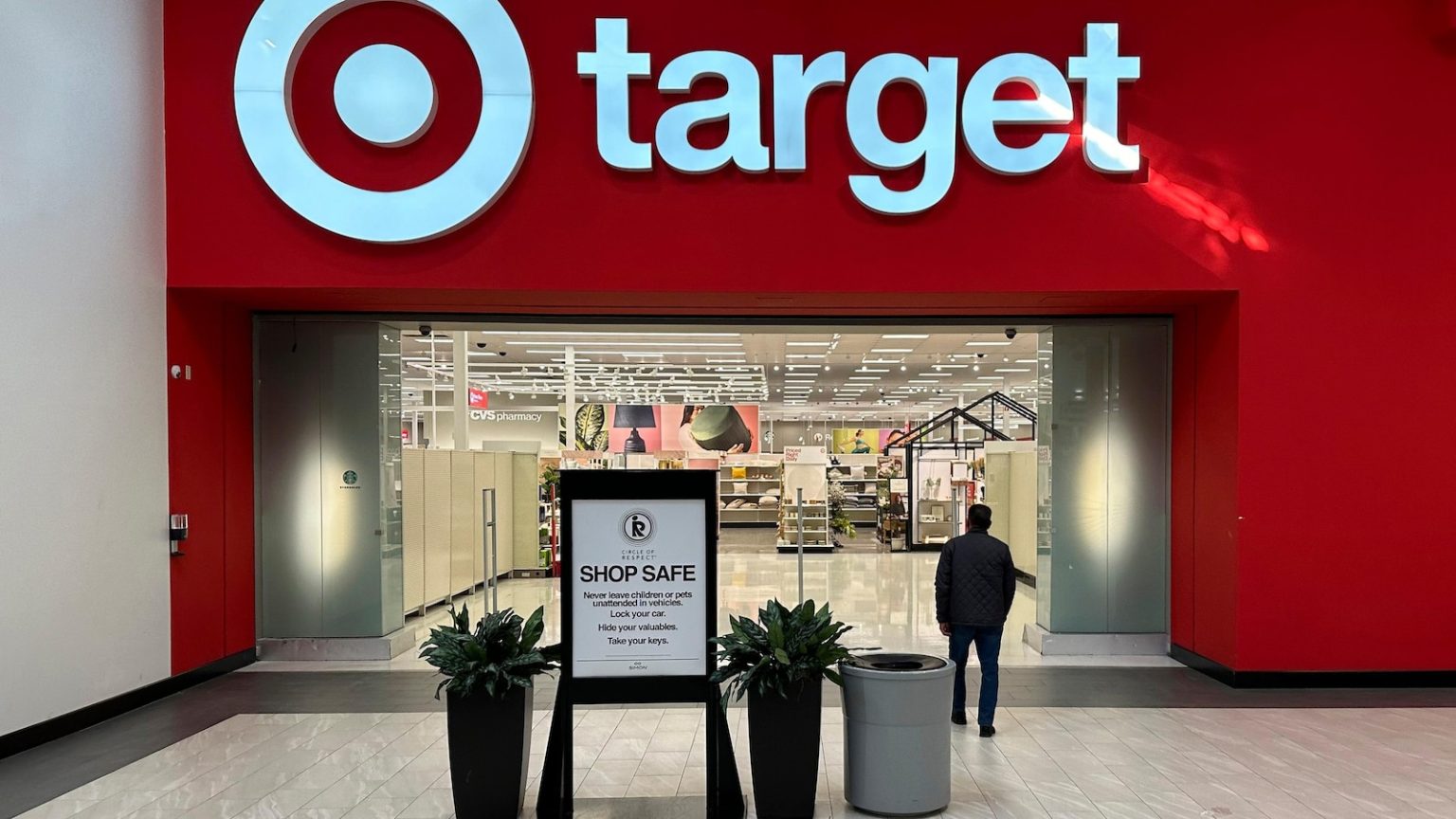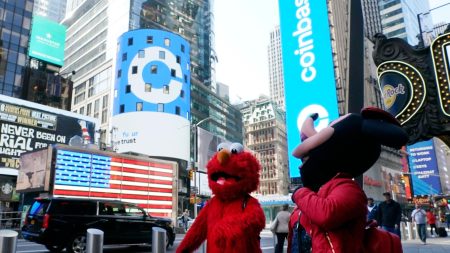The Founding Vision of Target: Community and Inclusivity
Target, one of America’s most recognizable retail brands, was built on a foundation of community-focused values and inclusivity. The company’s origins trace back to the Dayton family, who established a small department store in Minneapolis that eventually grew into the retail giant known today. Bruce Dayton, one of the cofounders, played a pivotal role in shaping Target’s mission, which centered on two core principles: a relentless focus on the customer and a deep commitment to the well-being of the community. These values were not just business strategies but ethical imperatives that guided the company’s growth and success. Bruce Dayton, who passed away in 2015 at the age of 97, left behind a legacy of integrity and responsibility that his family believes should continue to define Target’s identity.
The Backlash Against Diversity Initiatives
In recent months, Target has faced growing criticism from conservative activists and political figures over its diversity, equity, and inclusion (DEI) initiatives. These programs, which were introduced in the aftermath of George Floyd’s murder in 2020, aimed to create a more inclusive environment for both employees and customers. The initiatives included efforts to support Black employees in building meaningful careers, improving the shopping experience for Black customers, and promoting partnerships with Black-owned businesses. However, these efforts have come under fire, with critics accusing the company of promoting “woke” ideologies and overstepping its role as a retailer. The White House has also joined the chorus of criticism, adding political pressure to the debate.
The Dayton Sisters’ Response
Anne and Lucy Dayton, daughters of the late Bruce Dayton, have expressed their alarm and disappointment at Target’s decision to roll back its DEI initiatives. In letters to the editor published in The Financial Times and the Los Angeles Times, the sisters emphasized their father’s commitment to ethical business practices and community well-being. They argued that Target’s retreat from its diversity initiatives represents a betrayal of the values that made the company successful in the first place. “We are alarmed at how quickly the business community has given in to the current administration’s retaliatory threats,” they wrote. The sisters made it clear that they believe companies have both the right and the responsibility to uphold ethical standards, even in the face of political backlash.
Target’s Shift in Strategy
In late January, Target announced significant changes to its “Belonging at the Bullseye” strategy, a program designed to foster inclusivity and diversity within the company. The changes include ending a racial equity program that was established in 2020 to support Black employees and promote Black-owned businesses. Target also announced that it would no longer set diversity, equity, and inclusion goals on a three-year cycle, signaling a broader shift away from these initiatives. The company has maintained that the decision to end the racial equity program was planned before the recent backlash, but critics argue that the timing suggests a response to external pressure.
The Ripple Effect Across Corporate America
Target is not alone in scaling back its DEI commitments. In recent months, several major corporations, including Walmart, McDonald’s, Ford, Goldman Sachs, and John Deere, have also reduced or phased out their diversity initiatives. This trend has sparked concern among advocates who argue that these programs are essential for creating equitable workplaces and fostering innovation. The backlash against DEI efforts appears to be part of a broader cultural and political shift, with conservative groups and politicians increasingly targeting companies that embrace progressive values. As a result, many businesses are finding themselves caught between their commitment to diversity and the pressure to appease critics.
The Future of DEI Initiatives in Retail
The debate over diversity, equity, and inclusion initiatives in corporate America is far from over. While some companies are scaling back their efforts, others remain committed to advancing DEI as a core part of their business strategy. For Target, the decision to retreat from its diversity programs has sparked a heated conversation about the role of corporations in addressing societal inequities. The Dayton sisters’ letters serve as a powerful reminder of the ethical responsibilities that companies have to their customers, employees, and communities. As the retail industry continues to evolve, the question of how to balance business priorities with social responsibility will remain a critical issue for companies like Target and beyond.















